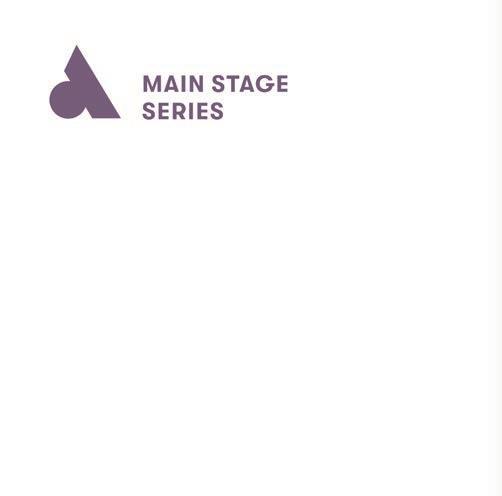
1 minute read
Comic Keith Barany entertains in a relatable way
omic Keith Barany doesn’t tell dirty jokes or pick at people’s insecurities to get a laugh. That’s one reason he’s a popular comedy choice for country clubs, corporate events and Jewish community centers. He tells funny stories from his life, but in a way that gives them
Universality is important to him because although he grew up an Orthodox Jew in New York, he’s no longer a believer and doesn’t really identify as Jewish. He wants to go beyond tribalism and describes himself as a citizen of the world, “sort of like Albert Einstein — though I’m
Advertisement
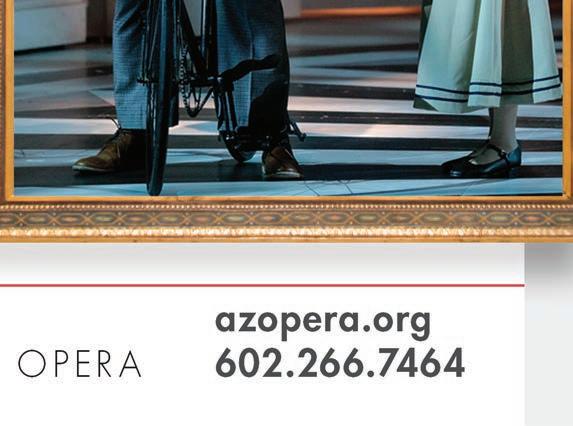
“There’s a whole spectrum of ways people can be products of the Jewish culture and one of them is to say, ‘I’m no longer Jewish,’ and that’s where I fall,” he said. Barany will perform his autobiographical comedy at the VOSJCC in Scottsdale on Wednesday, Feb. 15.
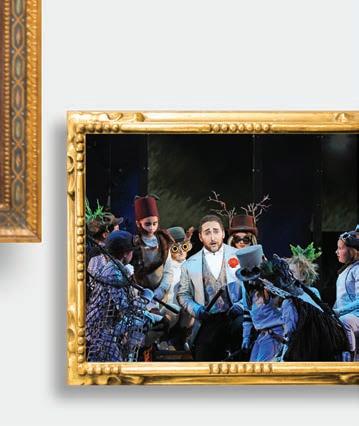
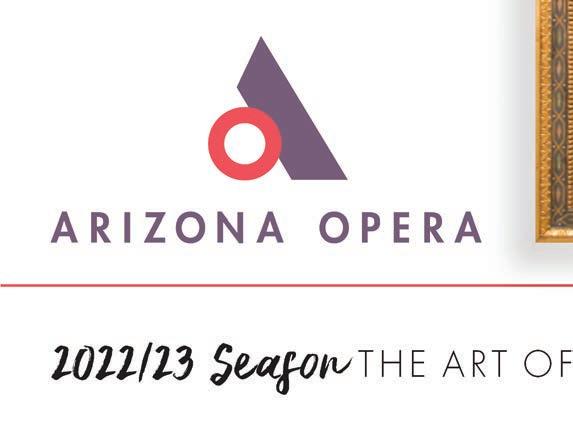
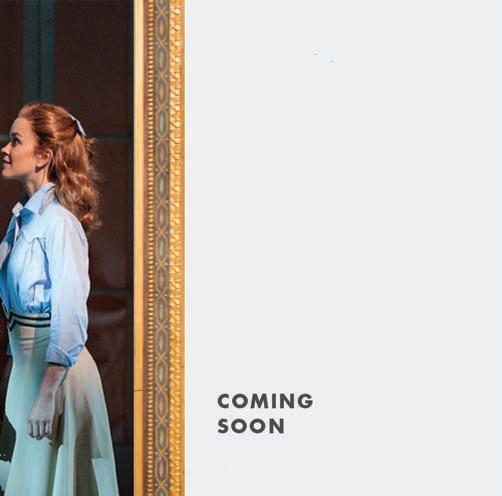
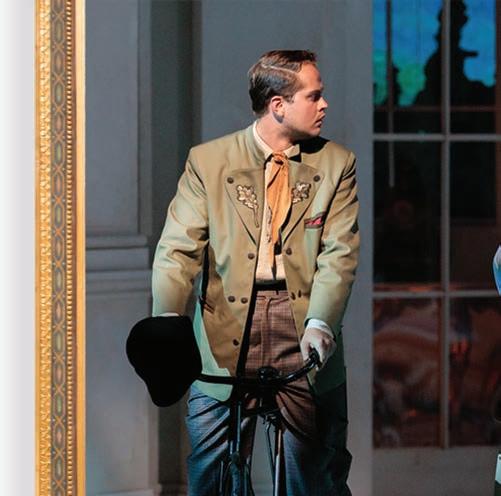
He grew up in an Orthodox Jewish enclave on the Upper East Side of New York City and pieces of his current act carry over from the time he was still steeped in that community. Barany’s stories include details anyone can relate to, Jewish or secular, because it’s better to be the kind of comedian who makes it clear that his experience, at least in part, is somehow common to everyone, he said.
He and Jerry Seinfeld, someone he has worked with in the past, have discussed the wisdom of their similar approach to comedy. Seinfeld uses observations as the core of his routine, and even though Barany thinks that is the better strategy, he sticks with his own game plan because he is “so good at my autobiographical stuff that it feels like it’s observational to people who relate to it very strongly,” he said. “I’m kind of bridging the gap between me and Seinfeld.”
About 10% of his bookings come from JCCs, Jewish Federations and Reform communities. He sometimes performs for Conservative Jews but “they’re not as enthusiastic about comedy programming,” he quipped. He used to perform for Orthodox audiences, but has since stopped. The audiences were always great, but he realized he was uncomfortable with the gap between what he believes now vs. the Orthodox crowd.
“I choose to be comfortable on stage,” he said. He’s mindful that a lot of non-Jews come to his shows and he’s careful to explain Jewish cultural or religious themes before launching into specifically Jewish stories to ensure that nobody feels like an outsider. The importance of that was brought home to him early in his career when he was still doing more Jewish-specific comedy, much of which was based on his yeshiva training.
